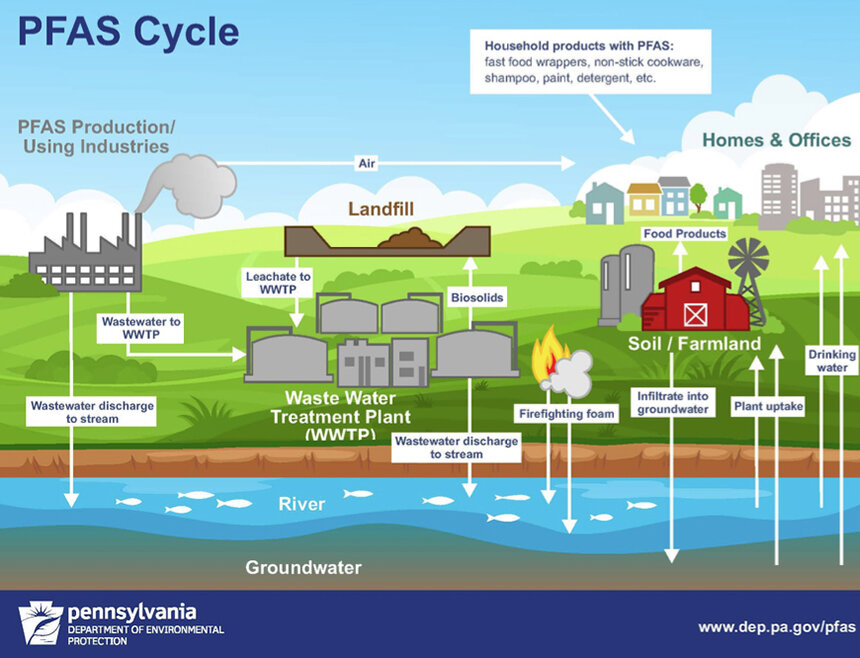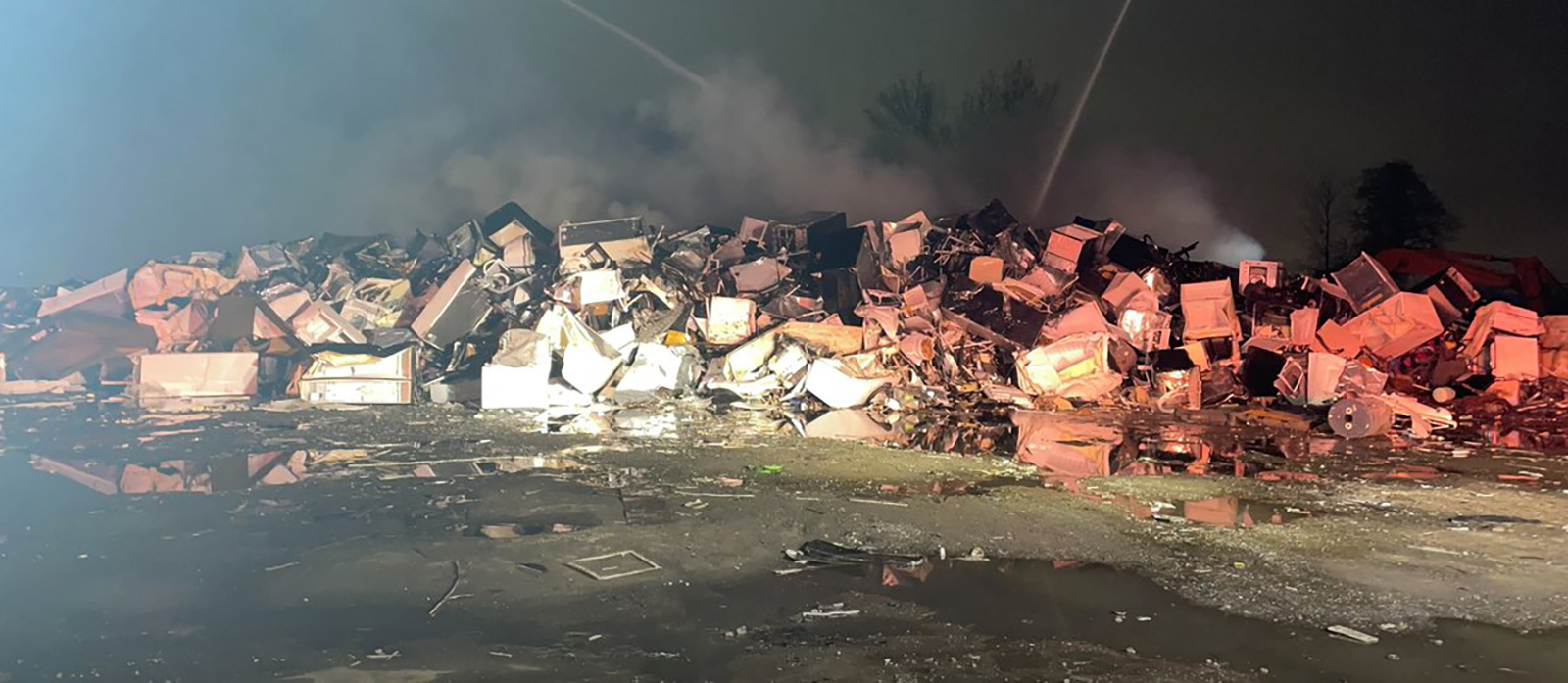Accusation of Hazardous Fill Used at 6-10 Project
September 13, 2020
Rhode Island officials are investigating an accusation that the developer of the Route 6-10 interchange reconstruction project is using hazardous material as fill.
The potential violation was raised in July by the union representing heavy-equipment operators working on the $410 million highway redevelopment project. International Union of Operating Engineers Local 57 president James White received complaints of excessive dust from members operating construction equipment. Requests to tamp down the dust using water trucks, White said, were ignored by Barletta Heavy Division Inc., the lead contractor for the massive interchange reconstruction that includes building nine bridges.
White has claimed that the sandy soil unearthed at the construction site became contaminated after it was mixed with darker material that turned out to be debris from excavated railroad tracks. The material, he said, has a distinct oil odor and contains railroad ties, spikes, clips, and fasteners, known as plates. Crushed stone from the railroad bed is also included, he said.
A test of the material by Barletta and submitted to the state found it was suitable as fill for the 6-10 Connector project. Knowing the contamination of railroad debris, however, White sought an independent test. The results found the fill to be toxic, or as White called it “hot.” White also traced the dump trucks delivering fill to the 6-10 project back to their source and discovered that the material came from an MBTA commuter rail train station project in Jamaica Plain, Mass., and the site of the new Pawtucket/Central Falls commuter rail station and bus hub. Barletta is also the primary developer of the $47 million mixed-transit project.
A sign at the Pawtucket site that says soil is being investigated by Rhode Island Department of Environmental Management (DEM) is an indication that the excavated material may be hazardous. An October 2019 environmental assessment of the 3.5-acre site prepared for the Rhode Island Department of Transportation (RIDOT) found excessive levels of arsenic and toxic polycyclic aromatic hydrocarbons. The former rail yard and freight terminal is owned by RIDOT.
Hazardous waste, White noted, must remain onsite or be disposed of, with permission, at the Central Landfill in Johnston, or trucked to a special incinerator in New Jersey. He estimated that hundreds of truckloads of the suspect material have been delivered to the 6-10 Connector project.
“Thousands of tons of dirt are from Massachusetts and Pawtucket,” White said, “and they are getting rid of it.”
White also has accused Barletta of failing to install stormwater runoff controls such as hay bales and silt fencing. Polluted runoff, he said, “is washing across the abutment, washing across the sidewalk, and heading down the drain.”
White sent letters at the end of August to DEM and RIDOT asking to resolve the problem. The state agencies, White said, are relying on the soil test performed by an independent company that was selected and paid by Barletta.
RIDOT and DEM declined to discuss the matter. According to a 2018 RIDOT presentation, DEM performed soil and site assessments for the 6-10 Connector project in 2017 and 2018. Tests concluded that most of the excavated soil should be removed and disposed of, according the the report.
In an email, RIDOT spokesman Charles St. Martin wrote, “We are working with the state police to investigate this issue. Once we agree that there is a conclusion and have looked at the data from our tests and theirs, we will make a statement.”
RIDOT executive director Peter Alviti said publicly that Rhode Island State Police are participating in the investigation. State Police declined to discuss the matter, but a spokesman said DEM and RIDOT are leading the investigation.
WPRI.com12 reported that both State Police and Providence Police unions asked to no longer work details at the project because of possible soil contamination.
Barletta didn’t respond to multiple requests for comment made to its office in Providence and to its headquarters in Canton, Mass.
The story was first reported by GoLocalProv. The article notes that company employee Tim Barletta made $6,000 in donations to state Democratic Party organizations in 2017, a year before Barletta was named the primary contractor for the 6-10 Connector project.




Sounds just like business as usual in RI. The crooks are claiming to investigate themselves. Expect a white wash and poisoned water
It appears that one can buy a great deal of influence in RI for what amounts to pocket change.